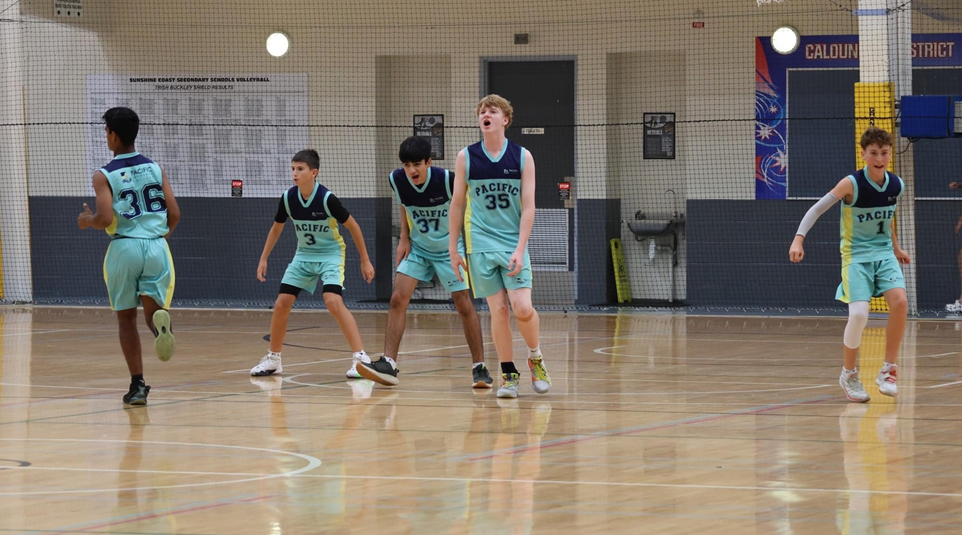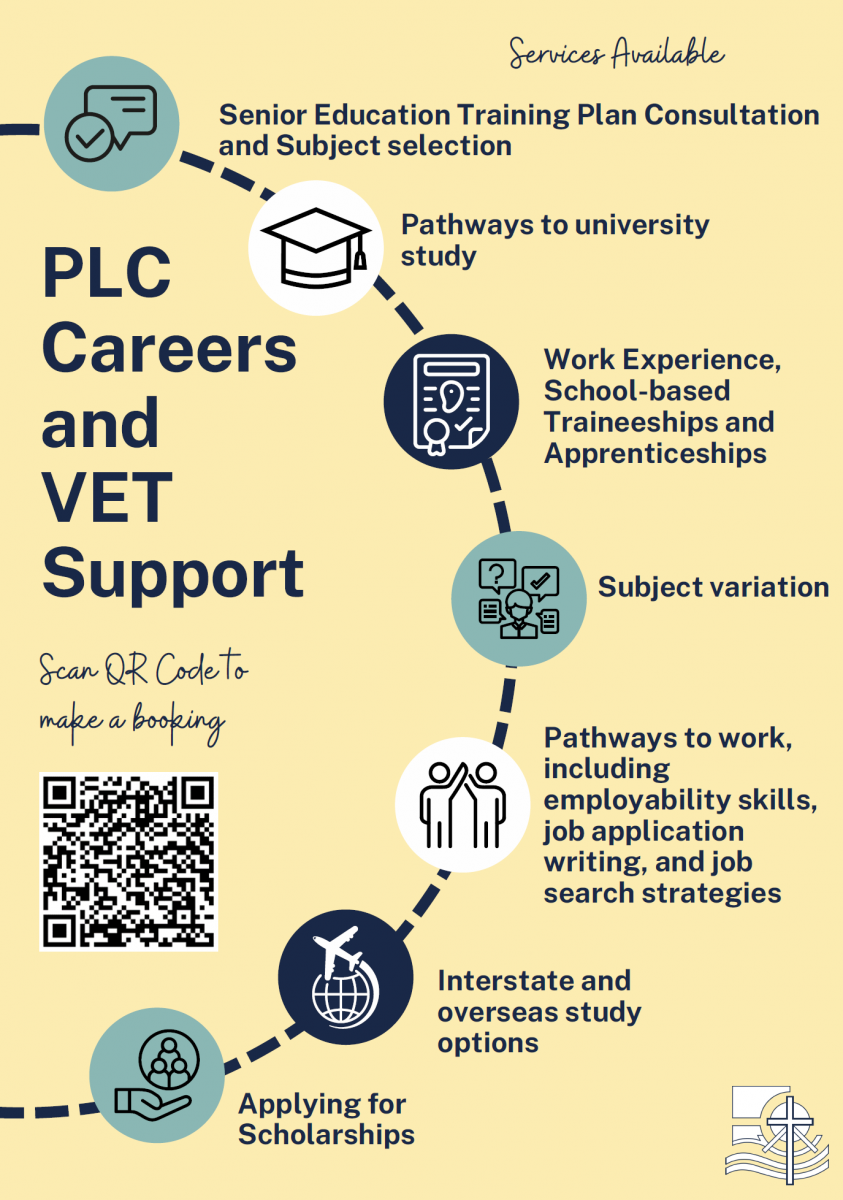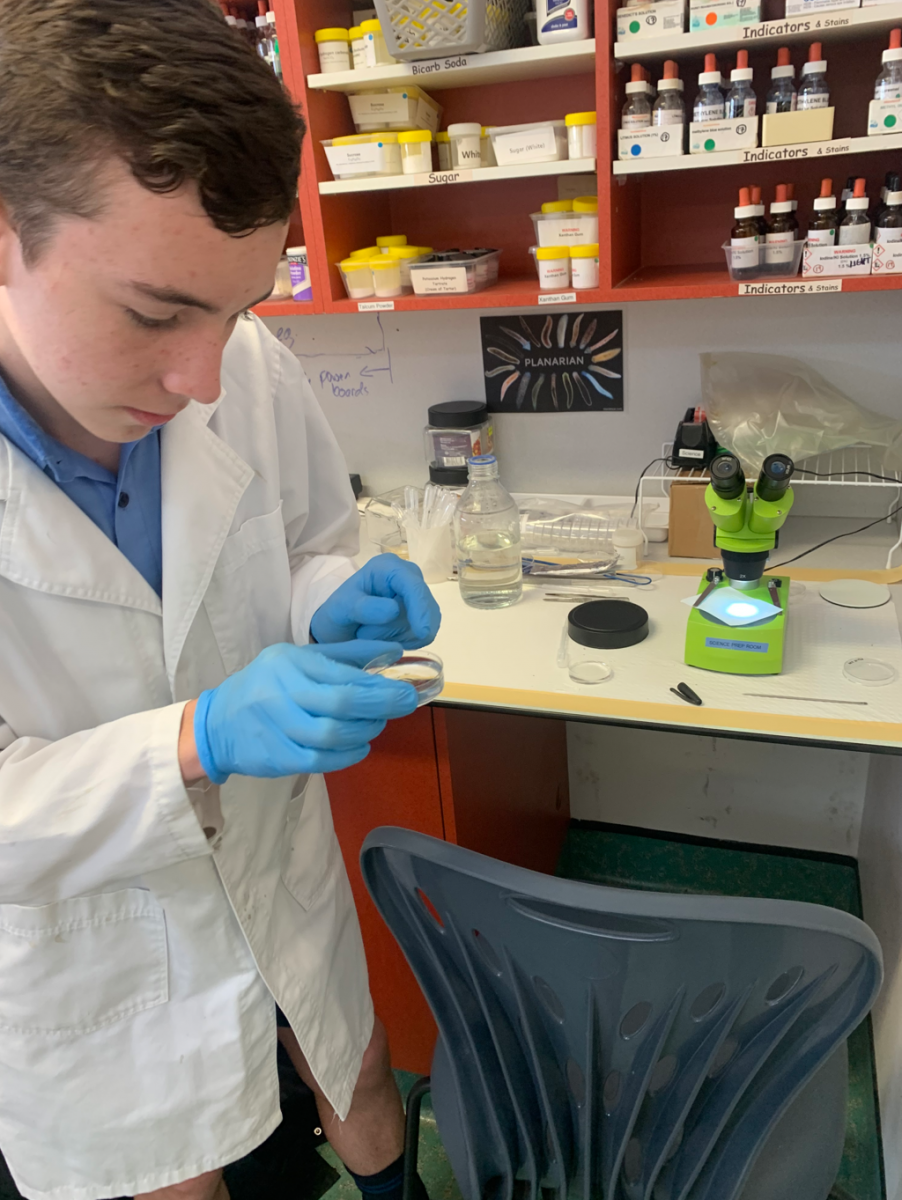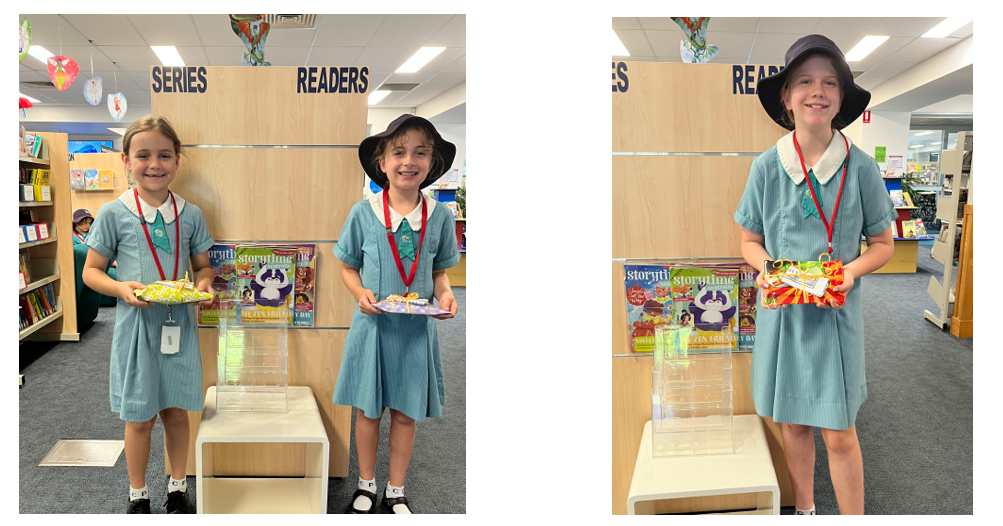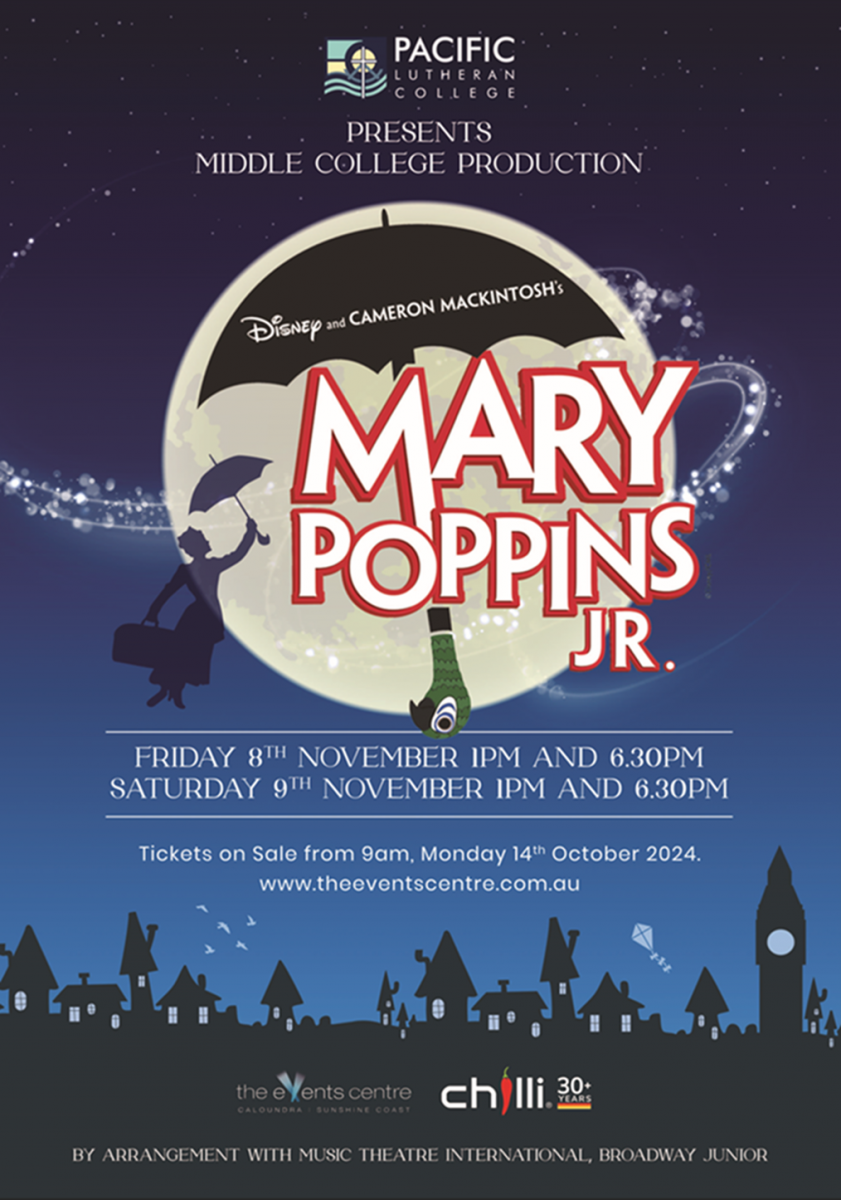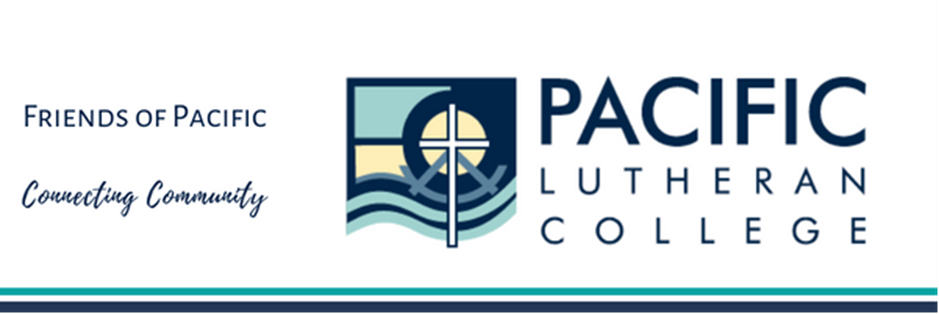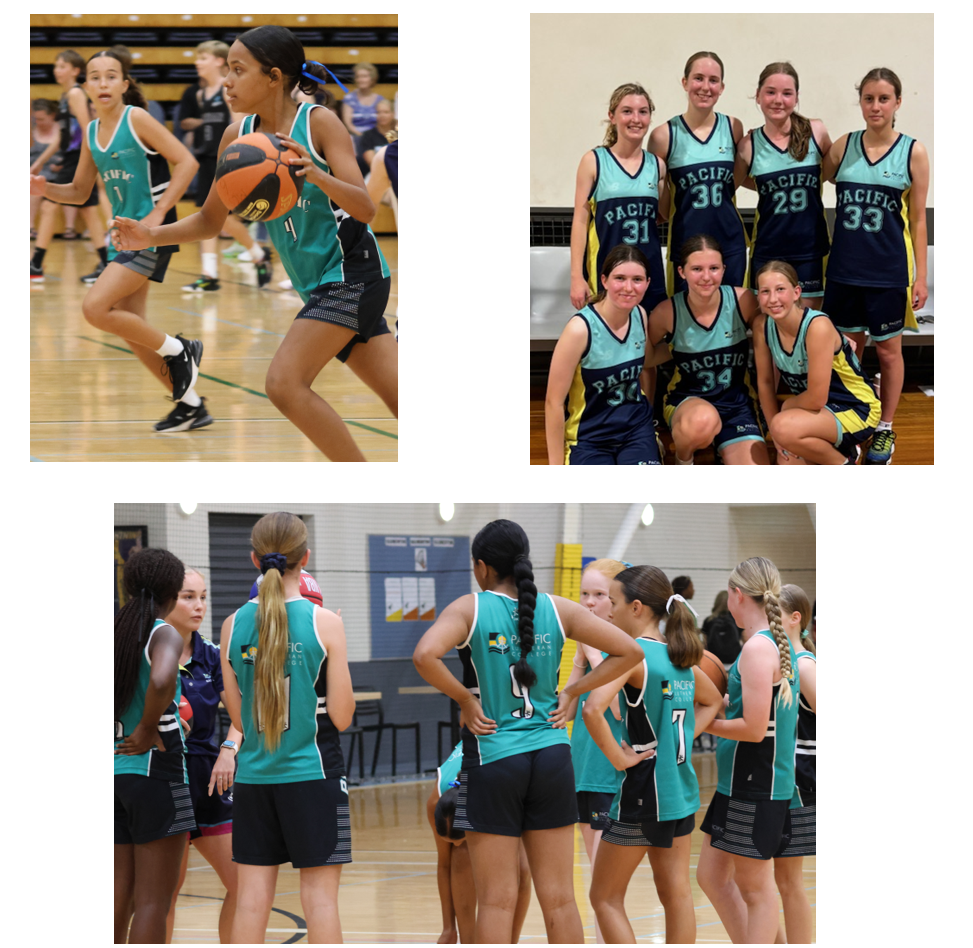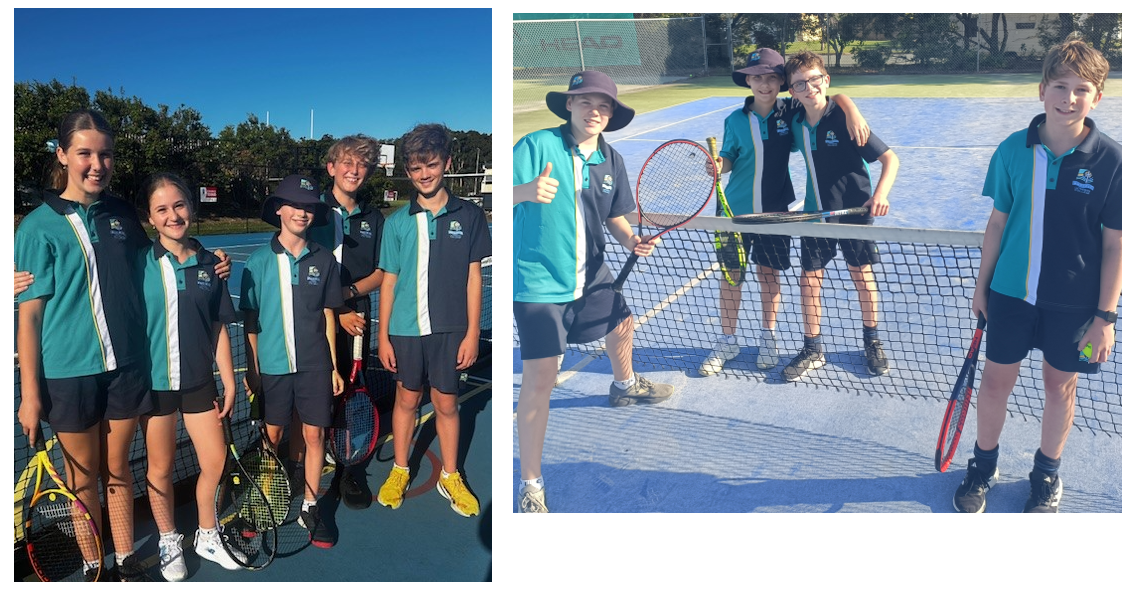Restorative Approaches
A crucial part of the Pastoral Care process at Pacific is the attention and faith given to supporting students through restorative frameworks. The purpose of restorative practice is to build or mend relationships that are worthy of maintaining. Restorative circles can take many forms and serve many purposes. Restorative conferencing can be a process that addresses wrongdoing and conflict and can seek to repair damage to relationships.
The continued implementation of Circle Time is an important part of our framework. Circle Time is a practical way for young people to listen with understanding, tune into feelings and begin to see the world from others’ viewpoints. These Circle Times are intentionally timetabled into classes to build and maintain relationships and encourage a sense of belonging. The ‘Grab and Go’ Circle Time kit covers topics such as dealing with arguments, what we need when we are hurt, and fixing versus blaming. The skills built within this environment aim to further build our students' capacity to navigate the sometimes confusing world of interpersonal relationships.
At times, relationships and actions can impact others' well-being. At Pacific, we use these events as learning experiences and give voice to all sides to encourage a holistic view of what has transpired.
Everyone makes mistakes, and they provide valuable opportunities to reflect on where we may do things differently in the future. Elements of Our You Can Do It Program explore the notion of ‘catastrophising’ and making small missteps, which can sometimes become all-encompassing.
The first stop in forgiveness is forgiving ourselves. By acknowledging and understanding that we err because we are human, we give ourselves the permission to be honest with ourselves and move on to keep improving as people.
As a College, we encourage our students to be vocal about such incidents while at school. Circle Times and restorative conferencing provide an avenue for children to articulate any potential issues that may have occurred. Our hope as a College is that we are encouraging agency within our students to speak up in a safe and supportive environment and undertake the due process to restore the relationships that may have suffered harm. These restorative processes can be the beginning of a journey to repair harm and, at times, require continuous monitoring. Communication is vital, and I encourage you to keep in close contact with your child’s classroom teacher should you need to give further information or need clarification on wellbeing matters.
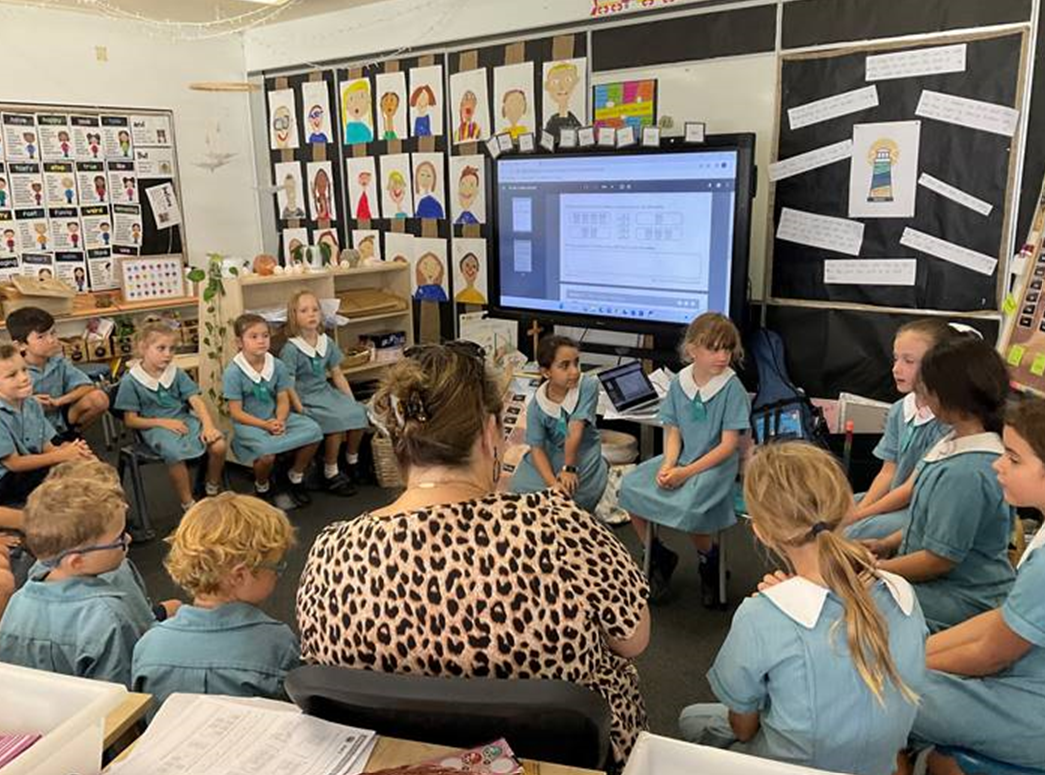
Prep Community Afternoon
On Wednesday afternoon, the College welcomed the incoming Prep students and families for 2025. The afternoon served as an opportunity to connect with staff, student leaders and Friends of Pacific Committee. There was a great buzz of excitement as students met and made new friends and parents also began or continued their journey into formal schooling. I would like to take the opportunity to thank the current Prep teaching team, FOP Chair, Ms Jan Watman, staff and the many student leaders who volunteered to be a part of such a warm and welcoming afternoon.
Outdoor Education
Since the college’s inception, an intentional focus has been on the outdoor classroom. The building of student capacity through the Outdoor Education Program seeks to educate and grow students in unfamiliar situations whilst reflecting and growing themselves and developing an appreciation of the environment and nature.
Our Pacific Way deliberately addresses how we collaborate, take risks and show initiative. We also develop a deeper sense of God’s Creation and gain an insight into the Kabi-Kabi People as the custodians of the land.
Last Friday, our Year Three cohort returned excited and likely slightly tired from their first overnight Outdoor Education experience, held locally at Alexander Headlands. I can attest to the students having a fantastic time and enjoying the learning attached to the activities and reflections from their first overnight event. We thank Mr Paul Brace, our Head of Outdoor Education, for his prior planning, leadership, and delivery of such an engaging program. We also thank the many staff who attended over the two days, and we are fortunate that the staff involved have given their time freely for the benefit of others.
I was fortunate to attend the Year Two Outdoor Education Experience on Chambers Island, on the Maroochy River this week. Across our Foundation Years, the College Outdoor Education Program is designed to be a gentle introduction to understanding the gift of our natural environment, the wonders within and the need for conservation.
The theme for the day was “Sustainability and the Local Area”. The students explored the flora and fauna of the island, built shelters and habitats, and learned about the creatures in the biome from Ocean Life Education. All the while learning the importance of conservation and minimising the impact of humans on the local landscape.
These experiences require careful planning and execution, and I would like to thank Mr Paul Brace, Head of Outdoor Education, for his meticulous preparation along with the many staff involved in days both prior to and during the program. All students had a wonderful learning experience, again highlighting the value of the outdoor classroom in holistic education.
Wearing our uniform with Pride.
At the last assembly, I reminded students of their responsibility to wear their hats to and from school, not only as part of expectations but also for the safety they provide from the sun. Parents are reminded that the College uniform shop does have “Klipstas” for sale. This clever device sits outside of a student's bag and uses magnets to connect the hat to the bag, therefore keeping tabs on where the student's hat will be. Please contact the uniform shop for more information as they are available in store only.
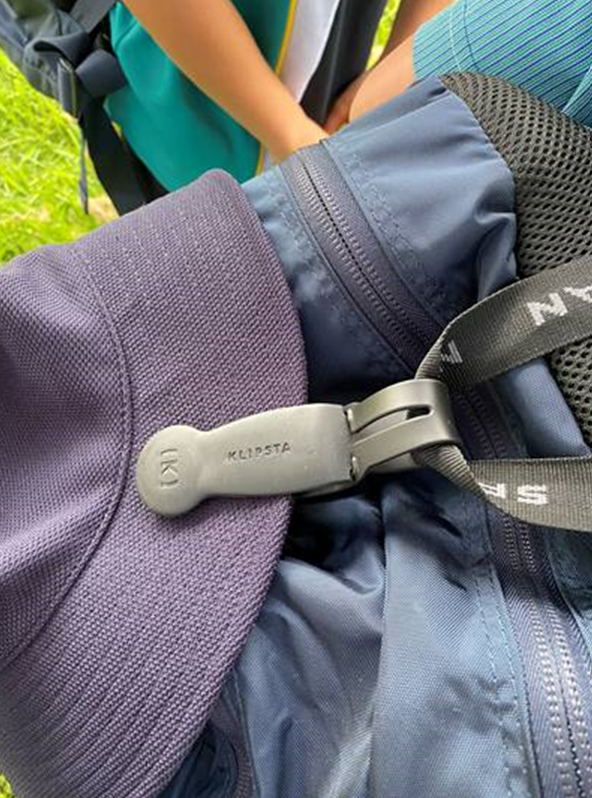
Take care and God Bless.
Mr Damian Davis, Head of Staff and Students P-5

